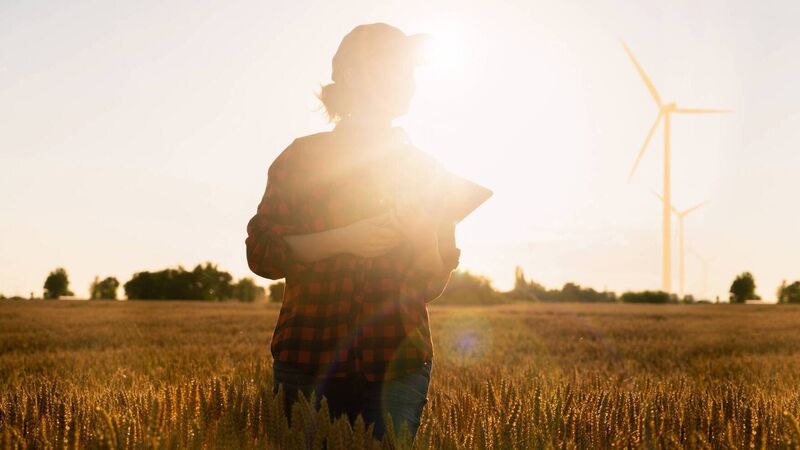Financial vulnerability 'single biggest barrier’ to meeting climate action targets

Ireland’s adoption of renewable technologies at farm level is 'well below' the European average, with biogas production mainstream across Europe and worldwide.
The single biggest barrier to meeting climate action targets for agriculture is the “financial vulnerability” of many farms, Tim Cullinan has said.
The president of the Irish Farmers’ Association told an Oireachtas committee meeting recently that this vulnerability has a “large impact” on the ability of farmers to adopt more sustainable practices, as it “limits their ability to test new practices and stifles innovation due to financial constraints”.
CLIMATE & SUSTAINABILITY HUB











